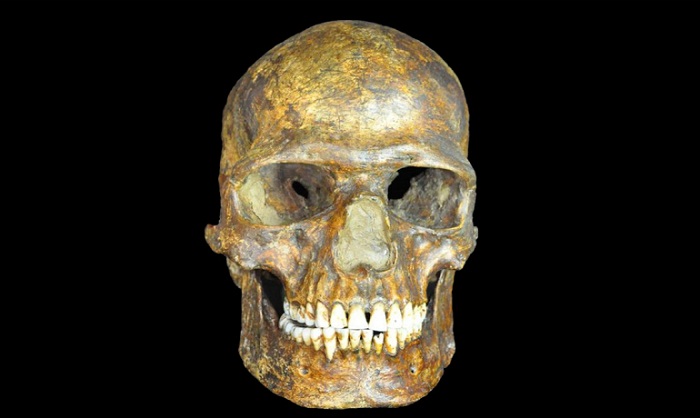They used information from the Neanderthal genome to identify segments of Neanderthal DNA in each person’s genetic data. Then they explored whether particular chunks of Neanderthal DNA in their genomes were associated with a variety of specific medical conditions.
Neanderthal health risks
They found that certain Neanderthal segments come with a small but significant health risk: people carrying them are about 2 per cent more likely to develop depression and 1.4 per cent likely to have a heart attack than people who lack them.
There were also subtle links to other conditions, including nicotine addiction and developing skin damage from exposure to sun.
“The most important finding is that Neanderthal DNA influences a broad range of traits relevant to disease risk,” says Capra. “It is exciting to demonstrate these effects in living populations.”
Joshua Akey at the University of Washington in Seattle, a co-author on the study, says the research has identified correlations between Neanderthal DNA and medical conditions rather than demonstrating causative links. Those correlations are very robust, he says, but they don’t prove that the Neanderthal DNA itself is directly responsible for the heightened risk of disease.
Tibetan genes for altitude
Researchers have previously found evidence that archaic DNA has had both good and bad effects on our immune systems – and there’s even evidence that the population of Tibet may have gained beneficial DNA from an extinct human group called the Denisovans that made life at altitude easier.
But these insights took an indirect approach that involved looking at Neanderthal gene sequences that are unusually common in our DNA. In the Tibet DNA study, for instance, researchers found that Denisovan DNA associated with the “altitude gene” was found in about 80 per cent of people. To be so common, the thinking goes, such chunks of archaic DNA must have been “selected” for because of their benefits.
The new study is different. The researchers searched for correlations between any Neanderthal DNA chunk and the prevalence of medical conditions, rather than focusing their analysis on parts of ancient DNA that are unusually common.
“They are no longer restricted to first trying to show that there has been selection for or against the alleles they are studying,” says Janet Kelso at the Max Planck Institute for Evolutionary Anthropology in Leipzig, Germany.
“The most exciting thing is to see how it is now possible to directly identify those Neanderthal alleles that contribute to disease in present-day people,” she adds.
Why keep harmful genes?
It seems obvious why living human populations would have retained chunks of advantageous DNA from other humans. But why do we carry archaic DNA that is detrimental to health?
Capra says many of the detrimental effects are only experienced later in life, after the age of reproduction, and so they don’t affect a person’s ability to pass on their genes. It’s also possible that what is detrimental now might have been useful for human health earlier in prehistory.
“One bit of Neanderthal DNA increases blood clotting,” he says. That could have been useful when humans were adapting to life in unpredictable and dangerous environments where injuries were common. “However, in modern environments this can increase risk for stroke, pulmonary embolism and miscarriage.”
More about:
















































